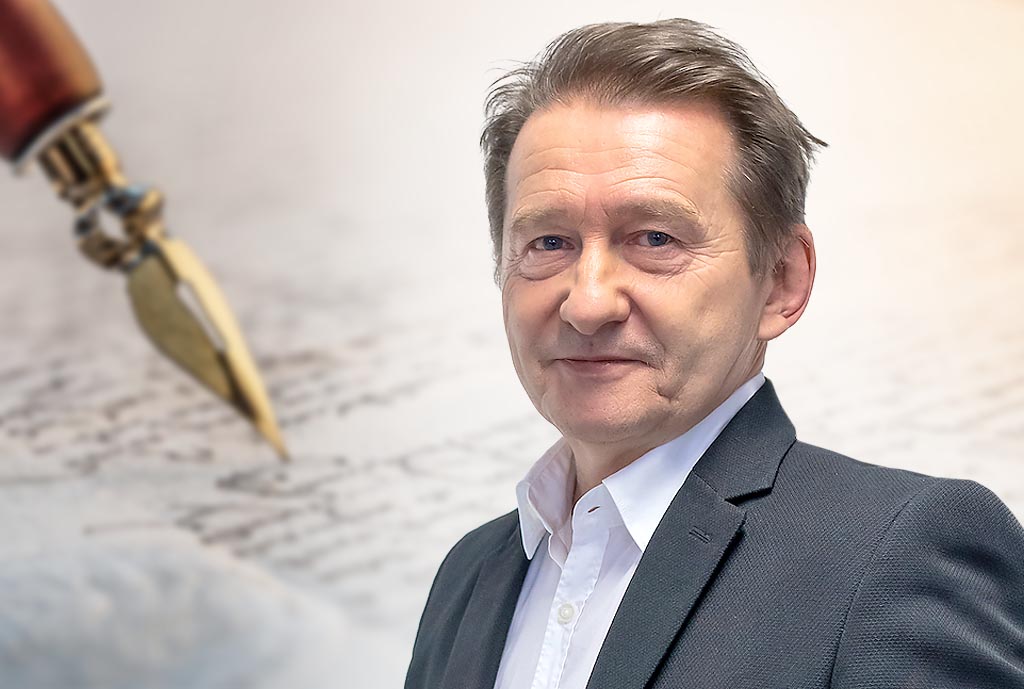By: Jože Biščak
For all of us who cherish freedom (of speech), the world has been filled with good news following Donald Trump’s victory. One of the latest announcements came from Mark Zuckerberg, who declared the end of censorship on his platforms (Facebook and Instagram). This decision will terminate collaborations with external fact-checkers who have been (often subjectively) labelling posts as false or misleading.
Is the Meta chief being honest? The man who spent a decade building walls of censorship is now tearing them down. But why? The only plausible answer is that the winds have shifted direction. Unlike Elon Musk, who purchased Twitter (now X) during the height of the “woke” hysteria and restored users’ ability to express their opinions freely, Mark Zuckerberg has only now “discovered” that his team was politically biased. He claims the Biden administration forced him into this realisation but conveniently forgets that the censorship machine had been running long before, suppressing anything remotely conservative or supportive of Trump – without any direct pressure from the White House.
While one might question Zuckerberg’s intentions (after all, the censorship apparatus was also created under the guise of “good intentions”), this change is undoubtedly welcome. If for no other reason, it is worth it just to witness the panic among self-proclaimed warriors against hate speech and the heads of fact-checking organisations. Their alarmist reactions were priceless.
In Slovenia, fact-checking was (and still is) the domain of a small group of radical leftists centred around the portal Oštro, founded and still led by former Delo journalist Anuška Delić. Naturally, this fact-checking collective was outraged by Zuckerberg’s decision and statements. “We reject attempts to discredit us, claiming we are biased or made significant errors in our fact-checking work,” lamented Žana Ernožnik, editor of Razkrinkavanje (Oštro). However, even a brief review of their website reveals a biased methodology, targeting mainly individuals and media outlets with a conservative (right-leaning) worldview.
I, too, have been in their crosshairs multiple times. Most recently, when I published a peer-reviewed study that argued there is no link between rising CO2 levels and global warming. Oštro did not fact-check the validity of the study itself; instead, they cited a different study and a statement from the Environmental Agency as proof that my claim was false. Lara Drugovič, their fact-checker, made a subjective decision about which study was valid, and which was not.
Another example highlights deliberate misinformation. They fact-checked a statement by SDS MP Andrej Poglajen, who said that asylum seekers must file their applications in the first safe neighbouring country. Oštro deemed this false, citing a 2013 EU regulation stating that the member state responsible for processing an asylum application is the one where the applicant first files. To be fair, Chapter 2, Article 3 of the regulation does state this but includes a caveat: “The application shall be examined by a single member state, which shall be responsible in accordance with the criteria set out in Chapter III.” And what does Chapter III say? If “the applicant has entered the territory of a member state unlawfully from a third country, the member state responsible shall be the one whose border was crossed in this manner.” Let readers decide for themselves who was right.
In any case, the Meta chief’s decision to restore Facebook and Instagram users’ ability to express their opinions and dismiss fact-checkers is a win for freedom of speech.

